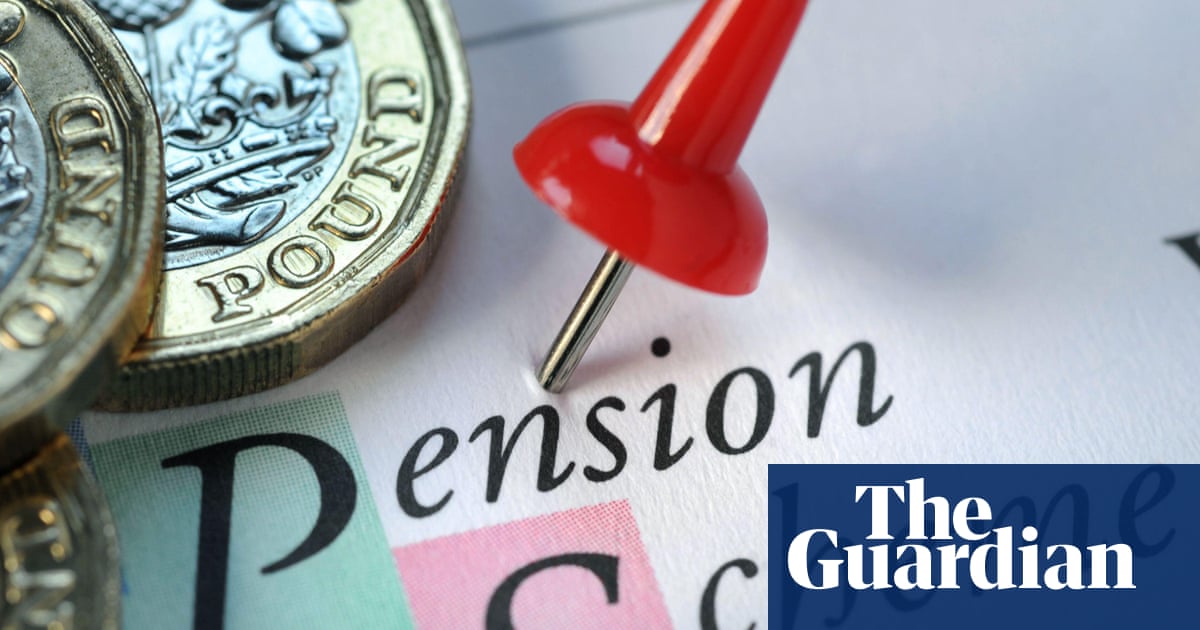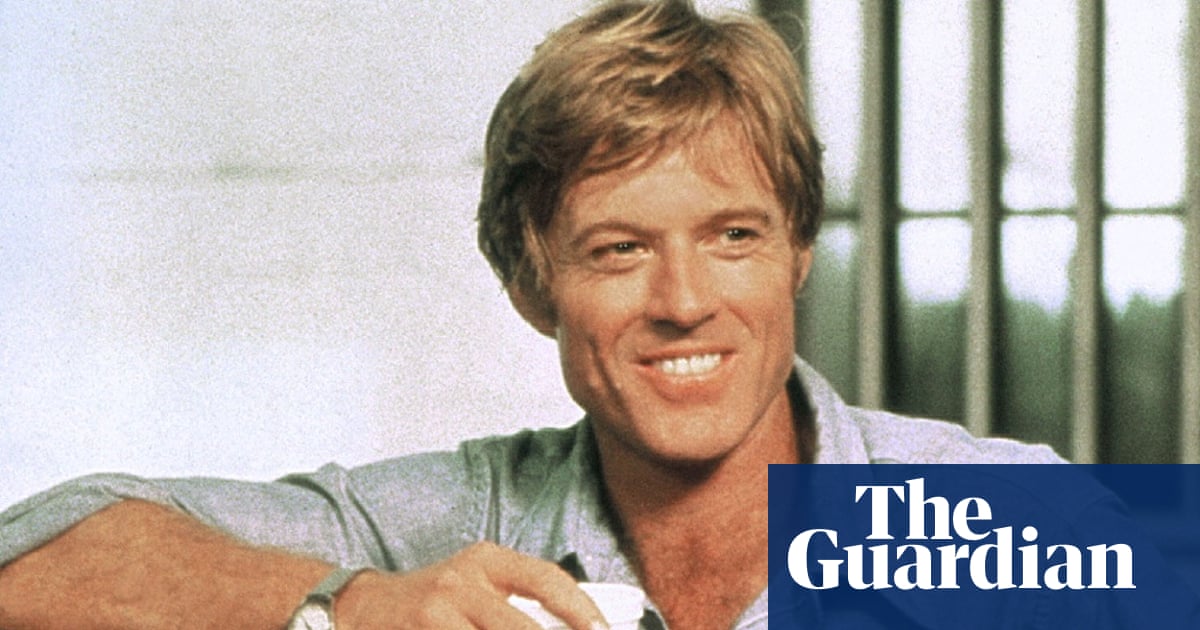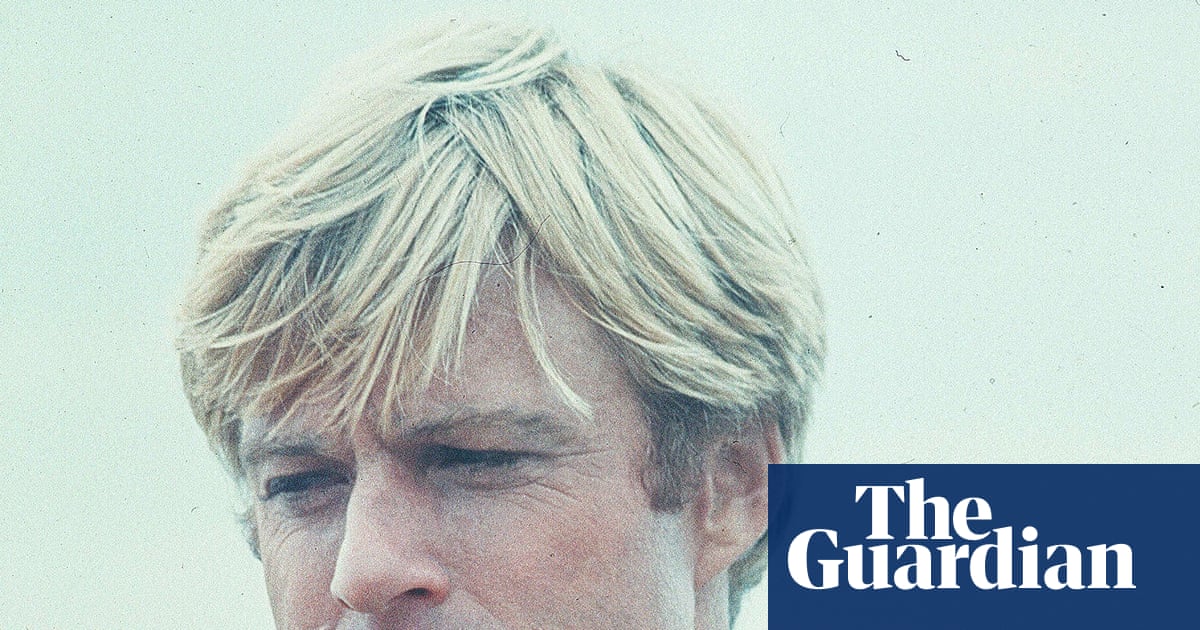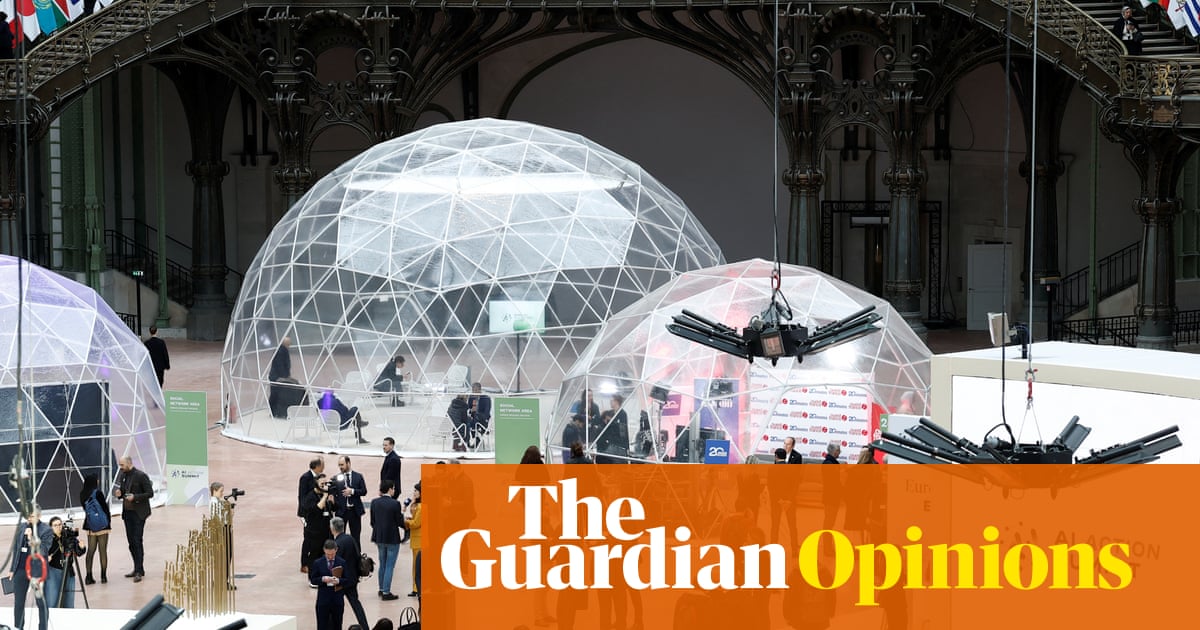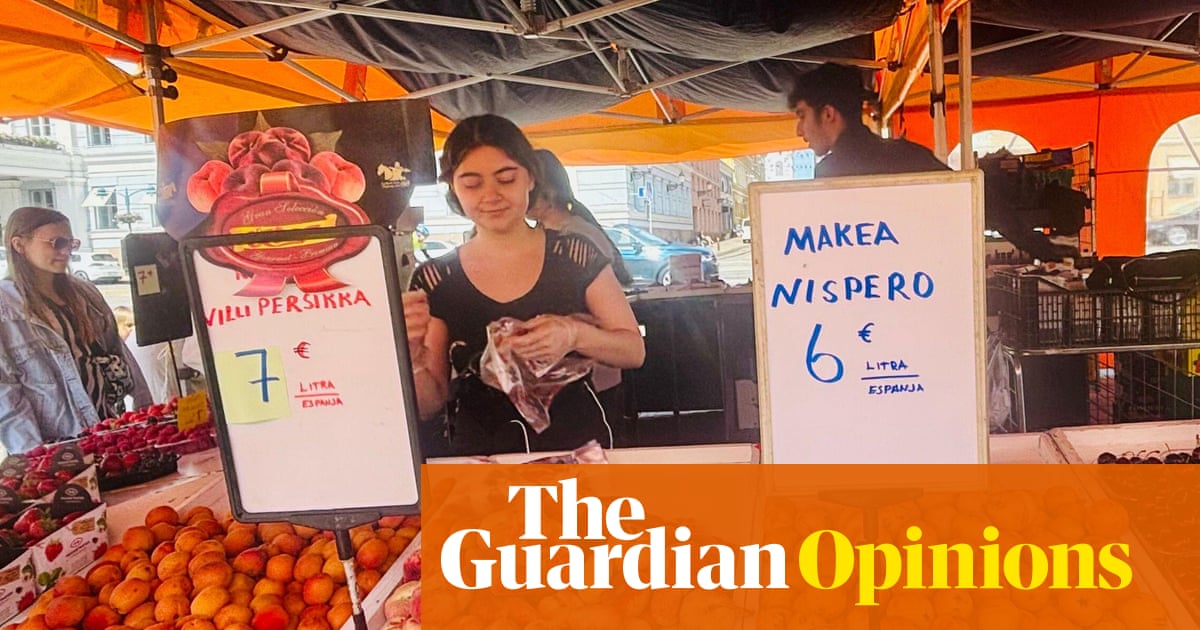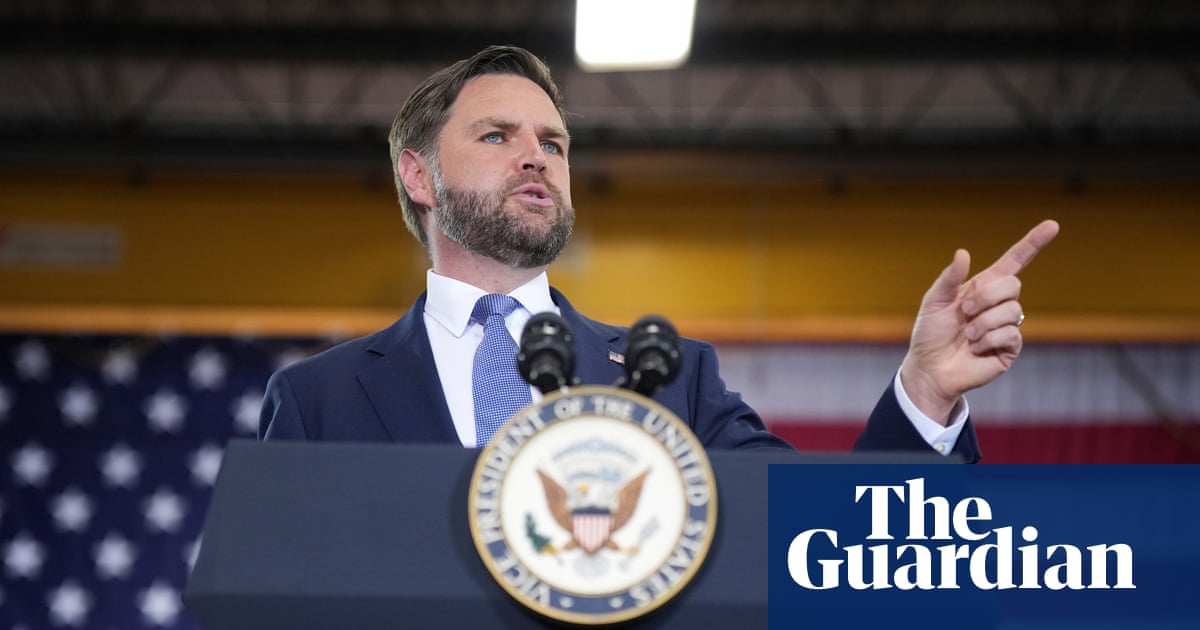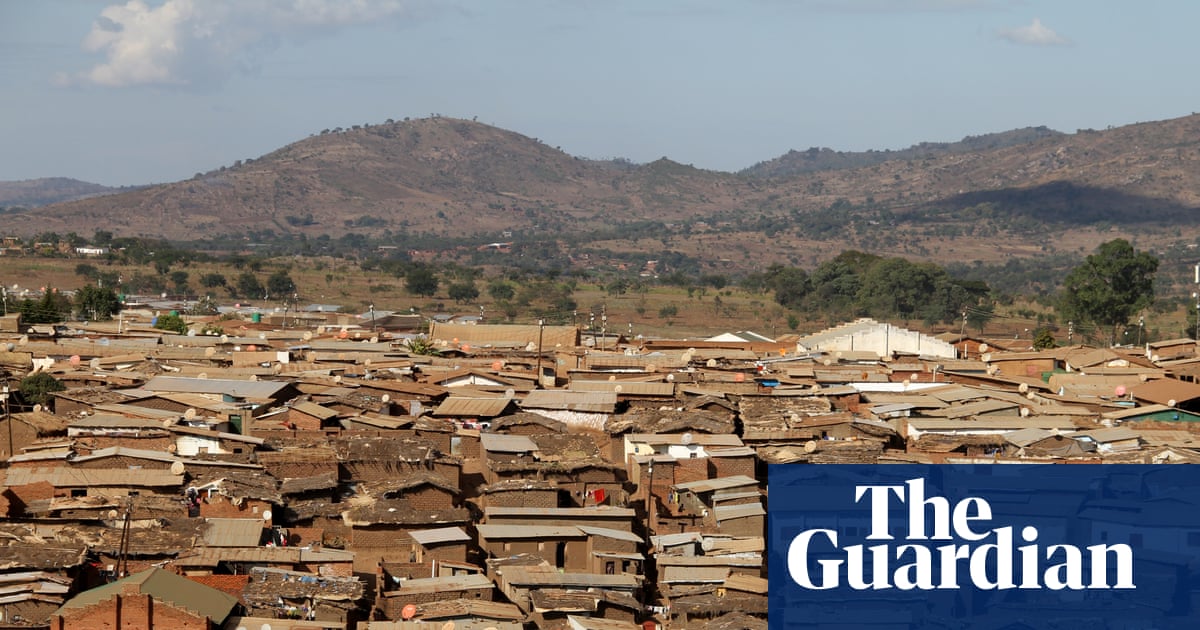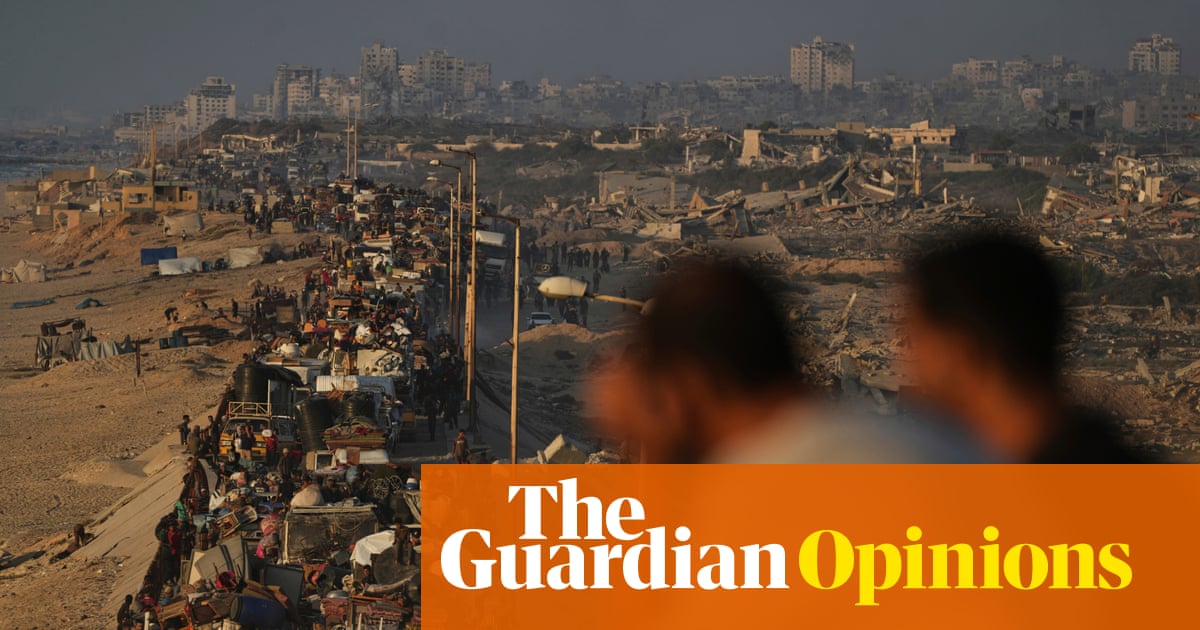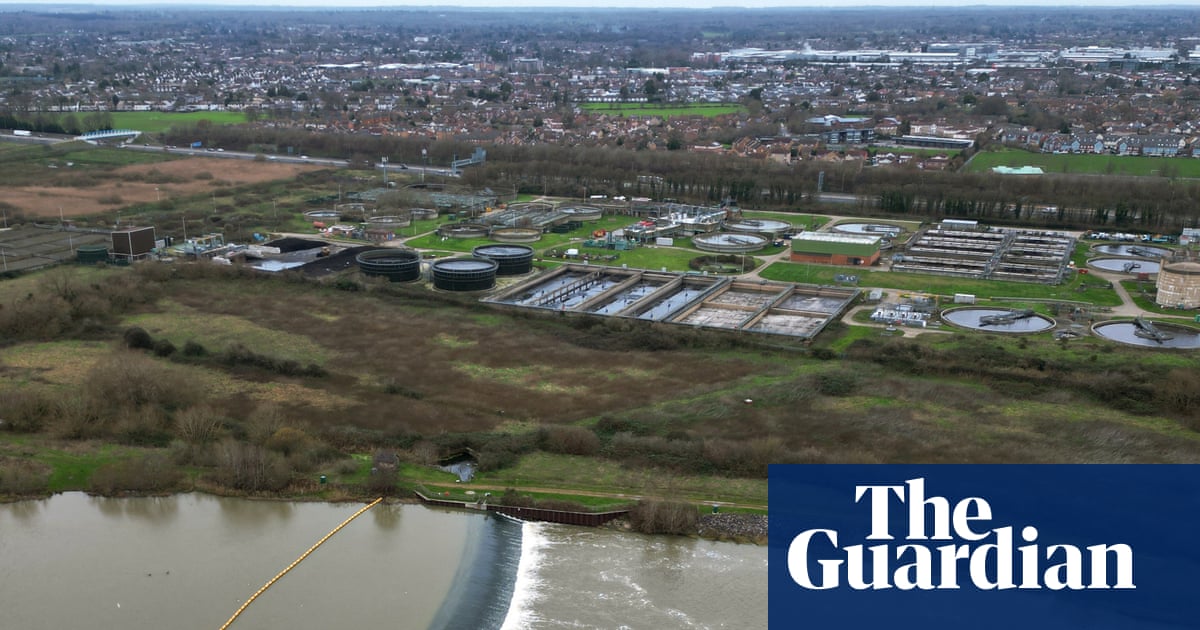

European governments are once again haunted by a tough choice between financing the military or spending on social programmes. That, at any rate, is the narrative that has taken hold since Donald Trump’s retreat from the postwar global security order and the urgent pressure to rearm Europe.
But to frame the dilemma facing Europe in this way is a big mistake. History teaches us that the political choice has never been about guns or butter, but rather guns or taxes.
The collapse of the Soviet Union in the early 1990s seemed to close almost a century of global ideological conflict, but it was also supposed to make us all richer. With the end of the cold war, Europeans would no longer need to uphold an expensive military apparatus for territorial defence. Governments ditched conscription and walked back defence outlays. Cashing in on that so-called “peace dividend”, governments could spend on the domestic priorities of their liking, boosting non-military investment.
Last month’s Nato summit in The Hague showed how this tide has been dramatically reversed. Russia’s full-scale invasion of Ukraine and Trump’s uncertain commitment to Nato means that European governments have no choice but to invest more in their own mutual defence. The peace dividend, as Kristalina Georgieva, the head of the IMF, stated, “is gone”. Europe’s Nato members pledged to increase spending on “hard defence”, such as tanks and military salaries, from 2% to 3.5% of GDP by 2035.
The question now is how to finance it. For some experts, the only way to build a warfare state that can deter Russia is to slash social spending. After all, goes the misleading argument, governments in the 1990s splashed the savings from defence on expensive welfare promises.
Even before the Nato agreement in The Hague, the public were being softened up for the new reality. In a TV address in March, the French president, Emmanuel Macron, warned citizens that in a “more brutal” world, they would have to make budget sacrifices. Macron ruled out higher taxes. Denmark’s prime minister, Mette Frederiksen, decided to scrap a public holiday to finance higher defence spending. The UK has cut savagely into its international development aid budget for the same reason.
But Europe would be drawing the entirely wrong lessons from history if it weakened the welfare state to build up the military state. There is another way: instead of slashing social spending, Europe’s governments should raise taxes on corporations and capital to finance deterrence.
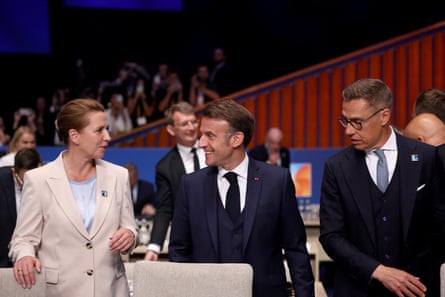
Denmark’s prime minister Mette Frederikse, France’s president Emmanuel Macron and Finland’s president Alexander Stubb attend a Nato summit in The Hague, Netherlands, 25 June 2025. Photograph: Toby Melville/Reuters
Let’s look at what actually happened in the 1990s. While cutting defence spending after the collapse of the Soviet Union allowed governments to increase social spending, it mostly gave them room to cut taxes and budget deficits, which they did with great zeal, as the 1990s neoliberal consensus took hold and tax competition intensified.
Yes, the “peace dividend” helped to finance big increases in social spending, but with ageing societies it was mostly devoted to pensions, health and longterm care. Social protection for the working age population has fallen across Europe since the end of the cold war.
But from the mid 1980s to 2023, corporate income tax rates fell by around half within the Organisation for Economic Co-operation and Development (OECD). Capital gains tax rates also dropped significantly: from up to 53% in the early 1990s to 26% today in Germany, or from up to 30% to up to 24% today in the UK for the same period. The “peace dividend” was in fact a boon for the wealthiest in Europe.
Savings in defence not only went to the private sector via tax cuts, but also via reduced fiscal deficits. Germany’s adoption of its contentious constitutional “debt brake” in 2009 helped it to achieve a balanced budget; something that would have been impossible without cutting defence spending to the bone.
after newsletter promotion
In the years ahead, Europe cannot afford politically to place the burden of the defence buildup on the most disadvantaged groups. More public debt, as Germany has now committed itself to, will be necessary. But debt is often a regressive tax, weighing more on the poorest, as the wealthy own a large share of the debt. Moreover, if EU members don’t agree to common borrowing to finance the defence surge, as happened during the pandemic, financial markets may not let EU countries with a high debt load, such as Italy or France, increase deficit-spending on defence.
The “new normal” of higher defence spending should thus also be funded by increasing taxes, especially on corporate income, high wealth and capital gains. This won’t be possible without limiting tax competition at a Europe-wide level.
Indeed, the idea that some European tax havens continue to suck up corporate tax resources from others while they free-ride on their defence spending will become increasingly difficult to sustain. France and Germany have long pushed for the harmonisation of corporate taxes across the EU’s 27 members. The EU must now rein in tax-dumping countries such as neutral Ireland. Europe cannot achieve better defence without better tax revenues.
And only a defence buildup that is supported by the wider public across Europe can run beyond the short-term momentum and thus develop into a credible deterrence.
The experience of “military Keynesianism” globally, and across history, has never been about guns or butter, but guns and butter. In a war, you not only need weapons, but also a supportive population to operate them. Keeping the peace on the home front is just as important as holding the line in the trenches. Rather than slashing the welfare state to build up the military state, Europe’s leaders should think about how to improve and modernise social spending. Only the prospect of a better and fairer world will keep our societies united and capable of fighting.
-
Shahin Vallée is a senior research fellow at the German Council for Foreign Relations. Joseph de Weck is a fellow with the Foreign Policy Research Institute

.png) 2 months ago
21
2 months ago
21



